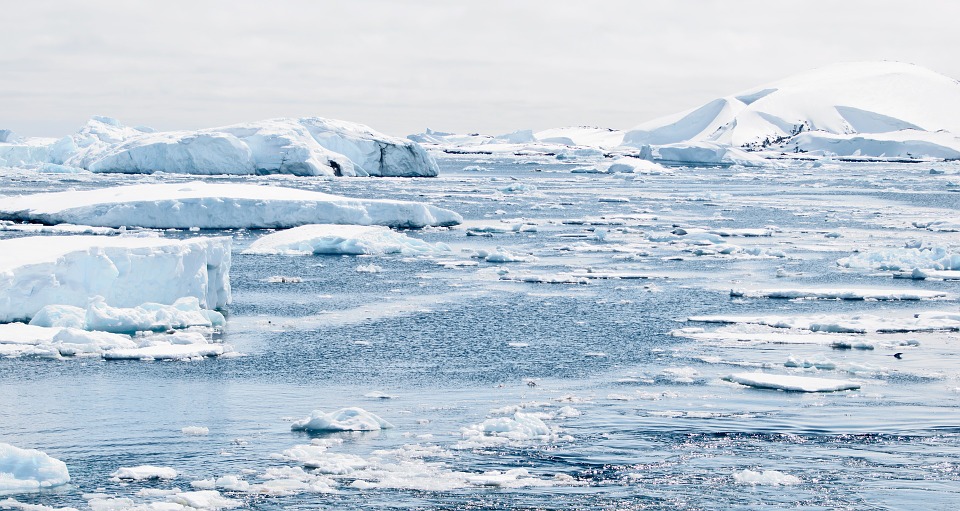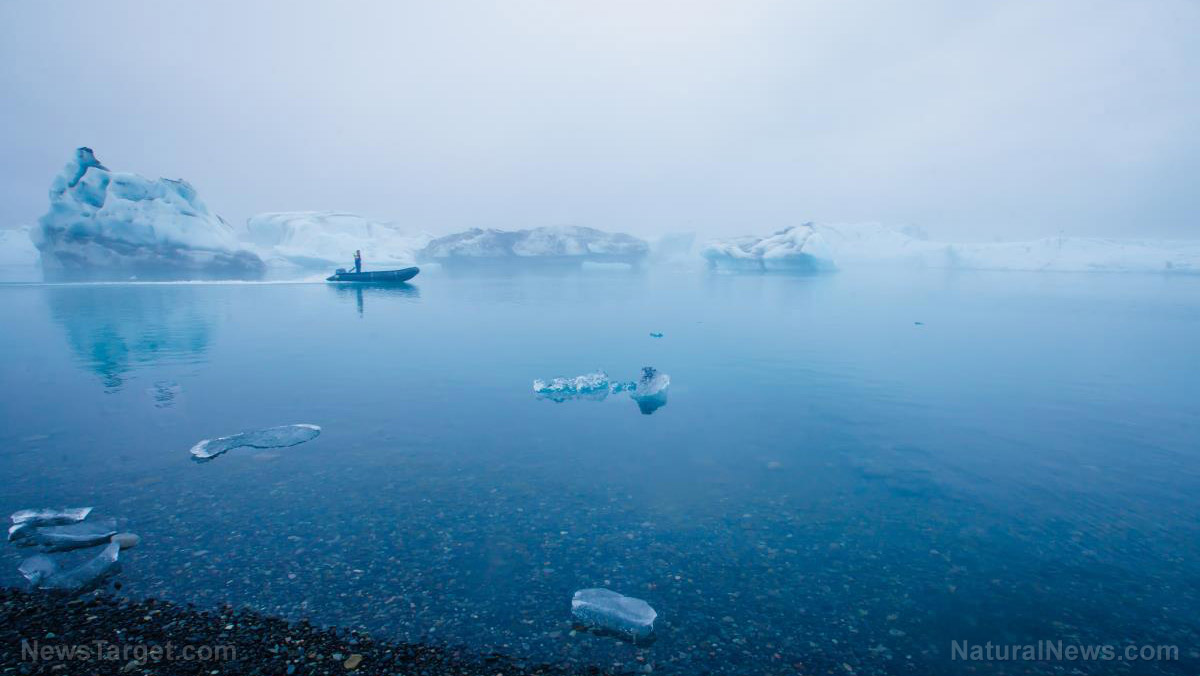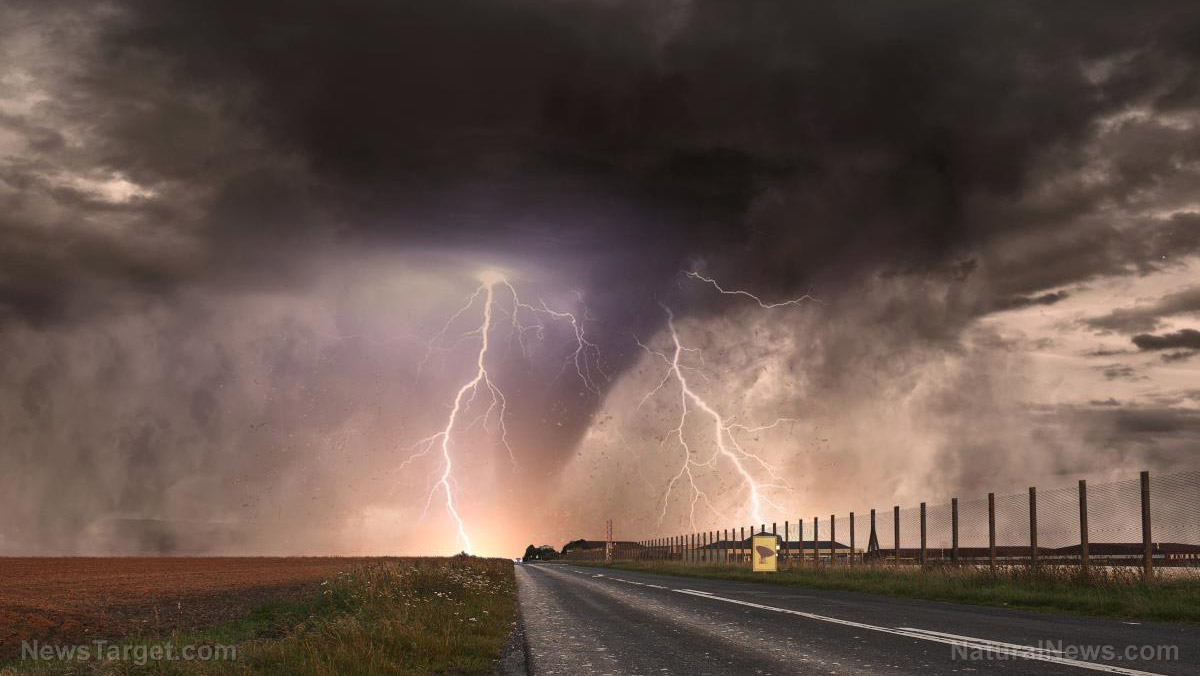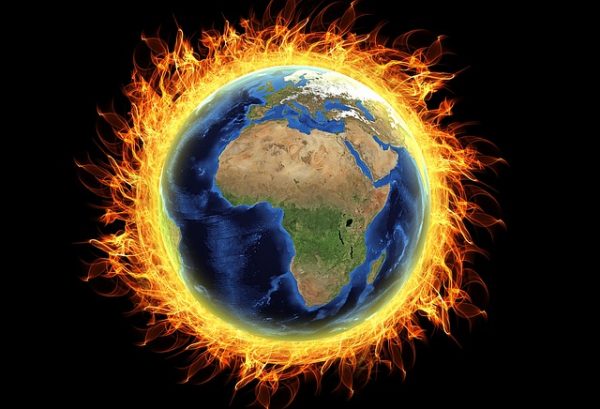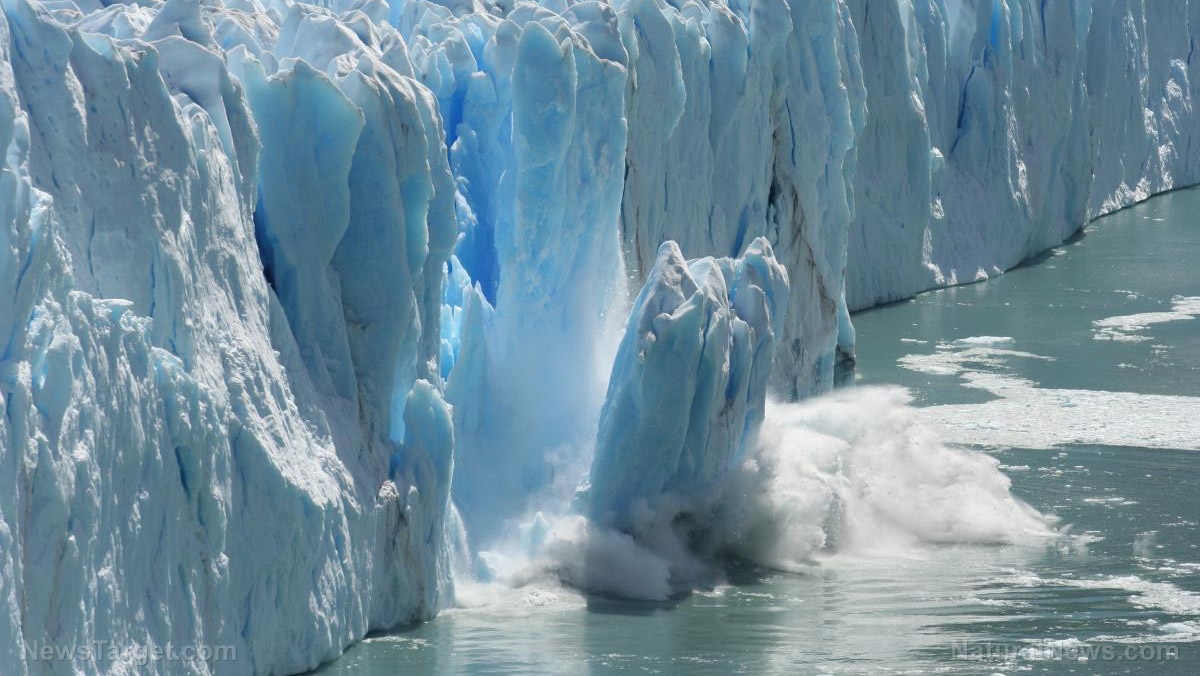Thousands of scientists across multiple countries are warning about “negative global environmental trends”
12/08/2017 / By Robert Jonathan

Some 25 years after scientists warned of environmental dangers that could destroy the human race, an international team of researchers is again sounding the alarm in the form of a second notice about what they described as worsening trends affecting the earth’s ecosystem.
In an essay published in the BioScience journal, eight scientists and academics acknowledge that while the ozone layer has been stabilized in the interim, and some other forms of progress have occurred since 1992, they are by necessity providing humanity with its second notice to avoid widespread misery, given that other environmental challenges — including climate change — still need to be resolved
By failing to adequately limit population growth, reassess the role of an economy rooted in growth, reduce greenhouse gases, incentivize renewable energy, protect habitat, restore ecosystems, curb pollution, halt defaunation, and constrain invasive alien species, humanity is not taking the urgent steps needed to safeguard our imperilled biosphere.
The article also contends that a mass extinction event is also possible by the end of the 21st century.
The authors have reached their conclusions based on data compiled from government agencies, nonprofit organizations, and individual environmental researchers.
World scientists’ warning to humanity: a second notice: https://t.co/Dw60CYJn23 pic.twitter.com/8YcmZuK8R6
— Polar Bears Int'l. (@PolarBears) November 20, 2017
The published exposition (and by extension, 15,000-plus scientists from around the world who have signed off on the article) calls upon researchers, individual citizens, and “media influencers” (which for Natural News readers might bring to mind the terminology fake news or very fake news as President Trump famously once said) to demand immediate government action to reverse the disturbing trend lines as a moral imperative.
The authors propose 13 general ways that humanity might move toward sustainability and avoid disaster, Oregon State University News summarized.
Such activities could include establishing more terrestrial and marine reserves, strengthening enforcement of anti-poaching laws and restraints on wildlife trade, expanding family planning and educational programs for women, promoting a dietary shift toward plant-based foods and massively adopting renewable energy and other “green” technologies.
The article, which perhaps could be interpreted as humanity’s second eviction notice to some extent, also calls for limits on human reproduction to replacement levels.
Said OSU forestry Professor William Ripple, the lead author for the second notice to humanity:
Some people might be tempted to dismiss this evidence and think we are just being alarmist. Scientists are in the business of analyzing data and looking at the long-term consequences. Those who signed this second warning aren’t just raising a false alarm. They are acknowledging the obvious signs that we are heading down an unsustainable path. We are hoping that our paper will ignite a wide-spread public debate about the global environment and climate.
The original manifesto known as the “World Scientists Warning to Humanity” published by the Union of Concerned Scientists in 1992 received the endorsement of 1,700 scientists, including Nobel laureates.
Dr. Ripple and others have formed a new group, The Alliance of World Scientists, to function as a collective international voice on global climate and environmental trends and to push for action to protect the planet from an environmental catastrophe.
Although common ground across the spectrum may exist with some of the issues identified in the BioScience article, sharp disagreements remain particularly in the context of the man-made climate change debate. For example, Natural News founding editor Mike Adams explained earlier this year how NASA’s own data confirm that contrary to the dominant narrative, ocean levels have actually been falling for nearly two years, a development over which the usually loquacious mainstream media has remained silent. According to the media and the political class, if you’re not an alarmist (with all the related career and financial incentives that come with it), you’re a so-called denier. (Related: Read more about the global warming movement at ClimateScienceNews.com.)
Sources include:
Tagged Under: climate change, climate science, concerned scientists, dissent among experts, Environmental Catastrophe, environmental disaster, global warming, Union of Concerned Scientists, warning to humanity

